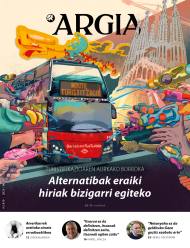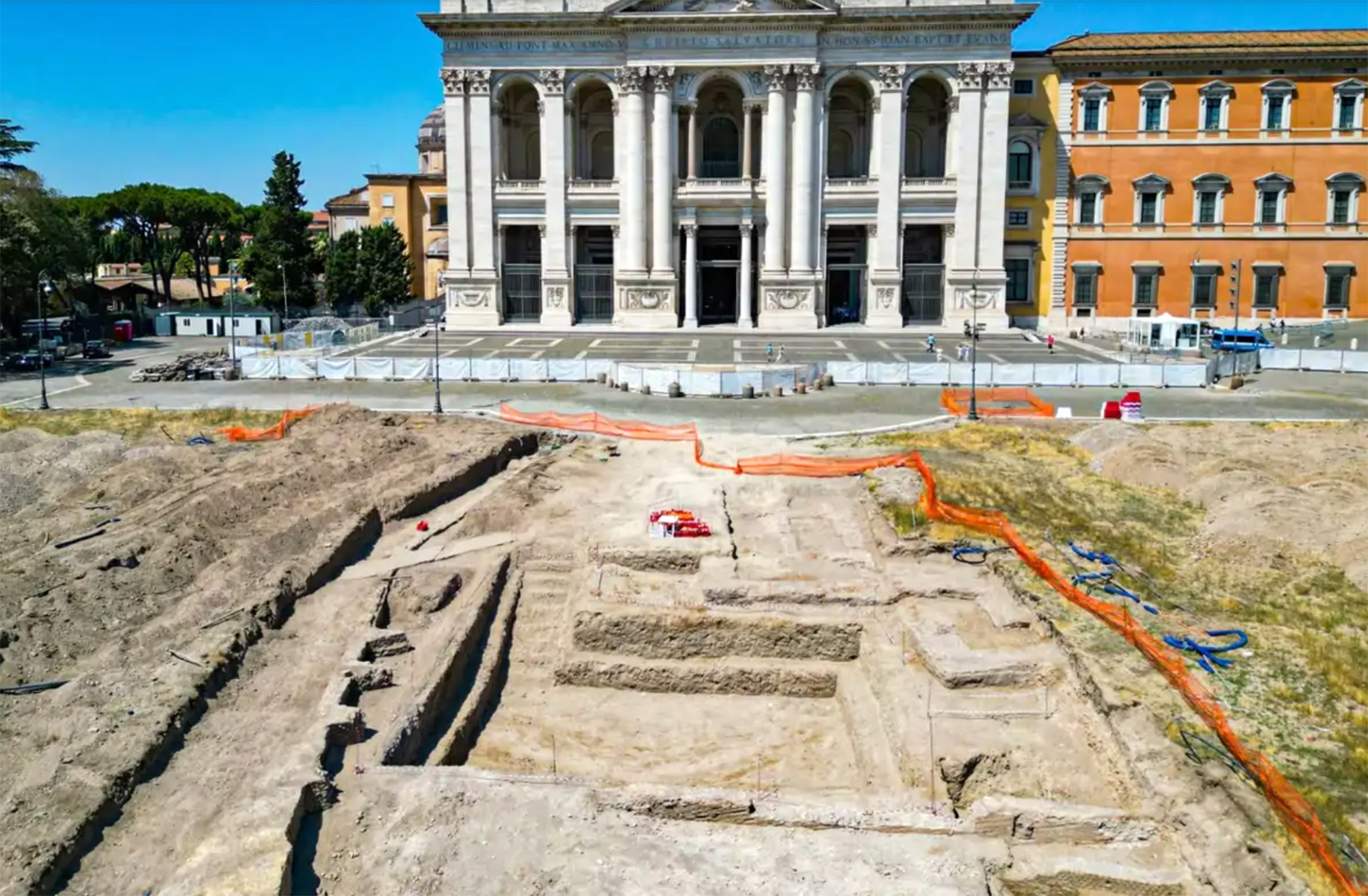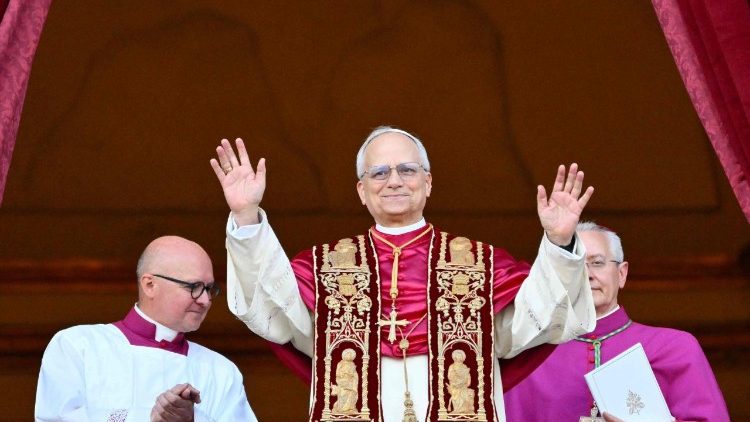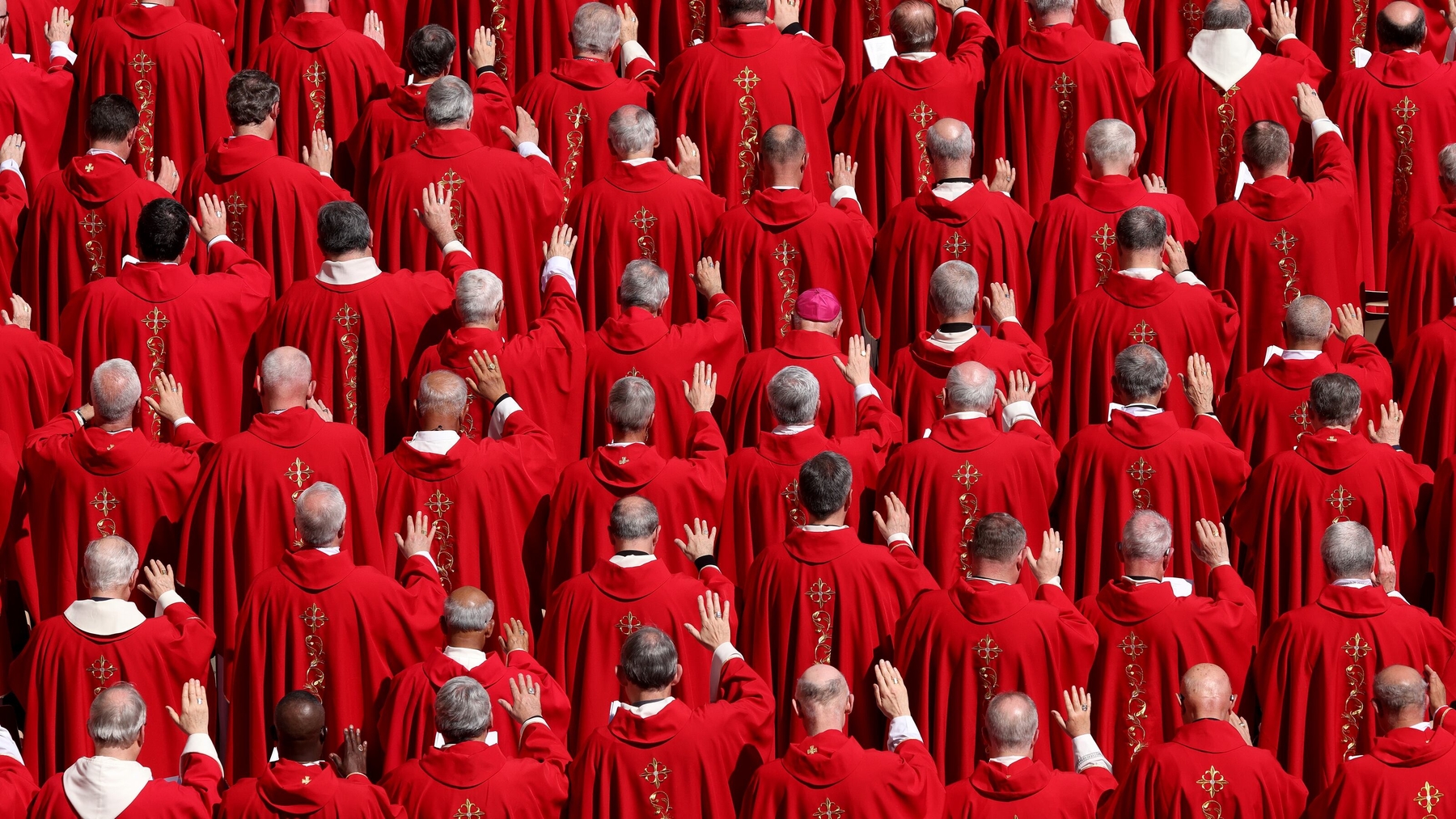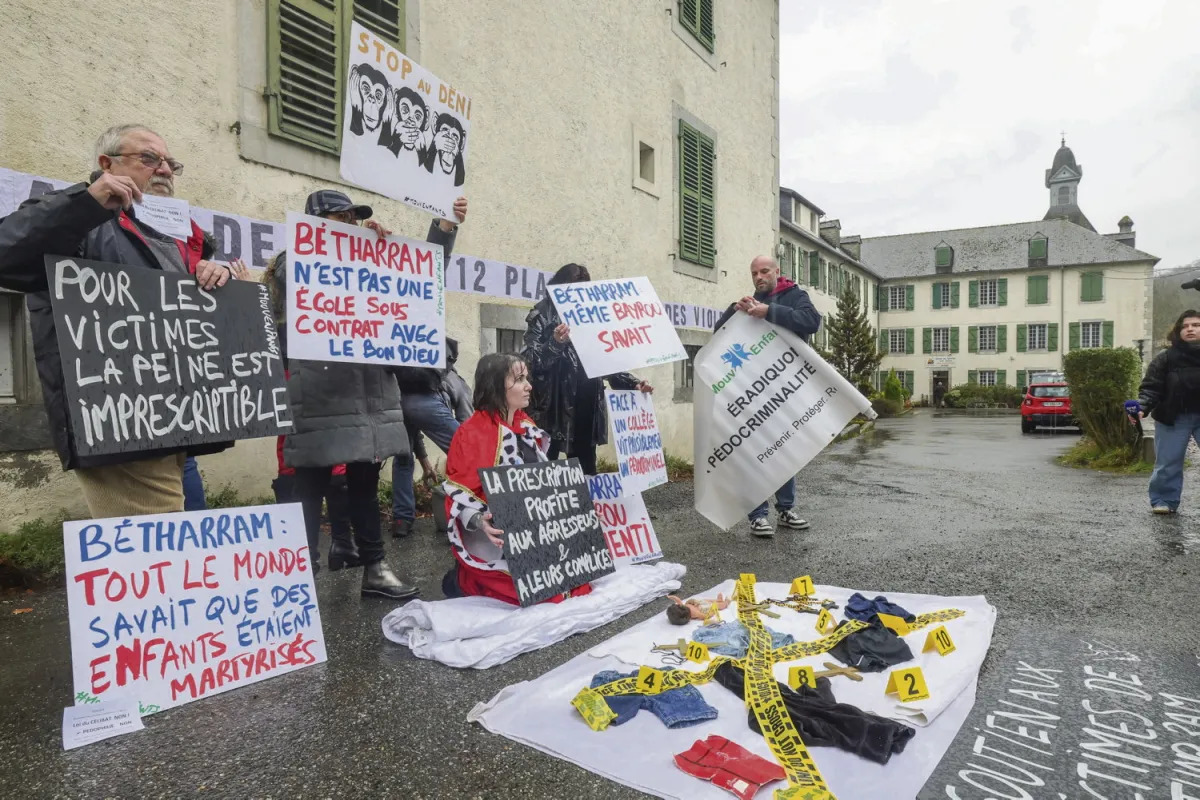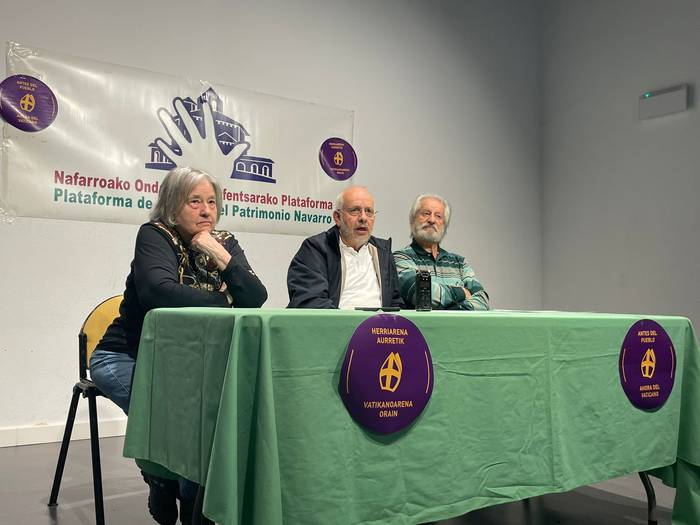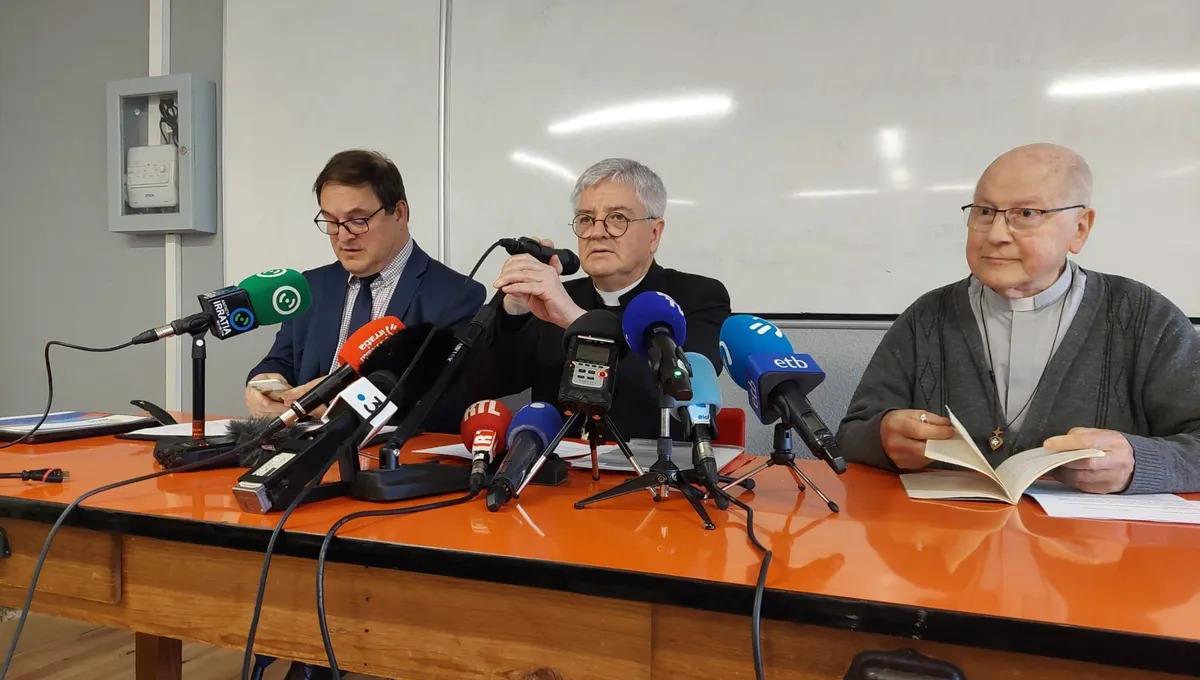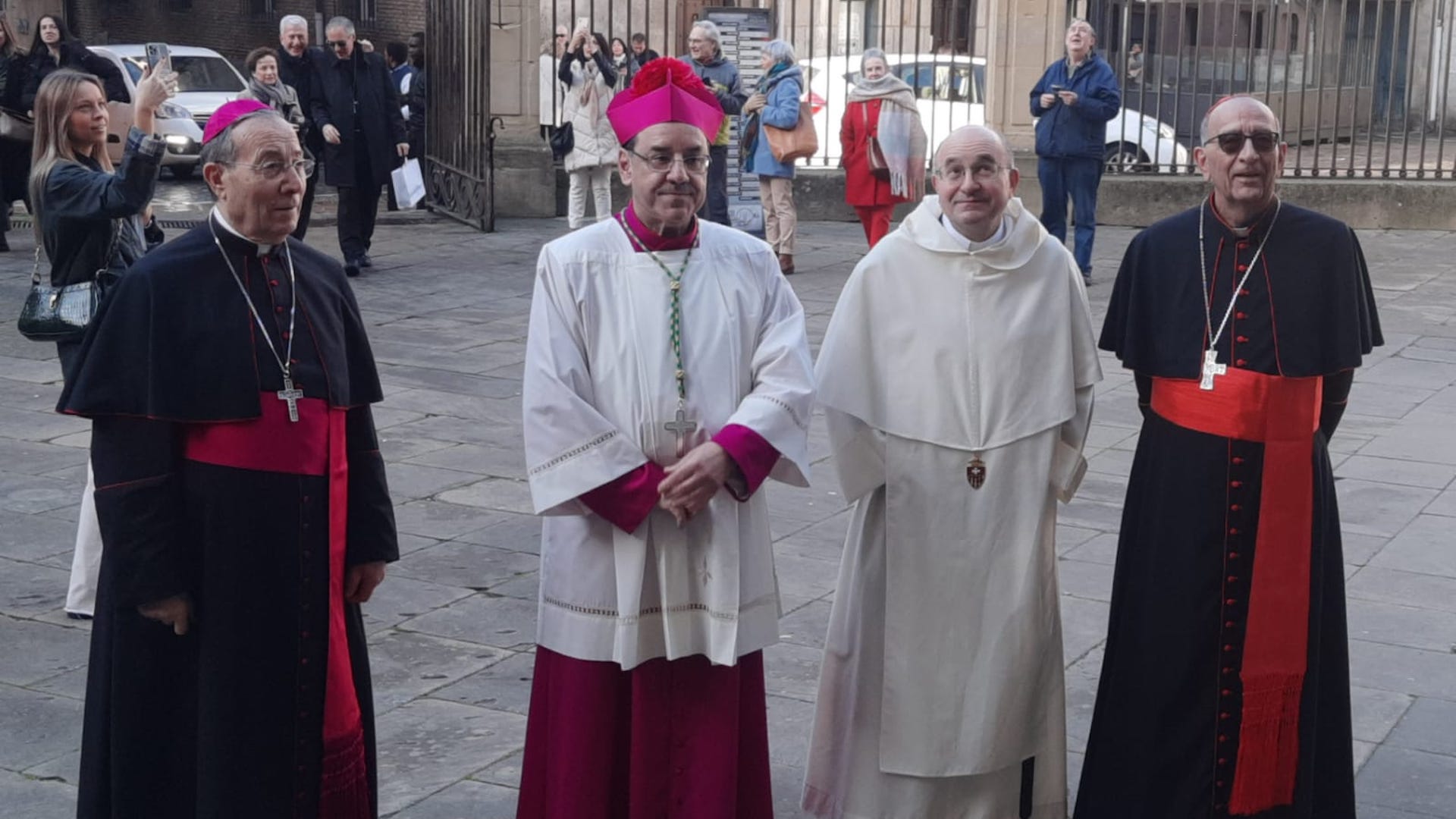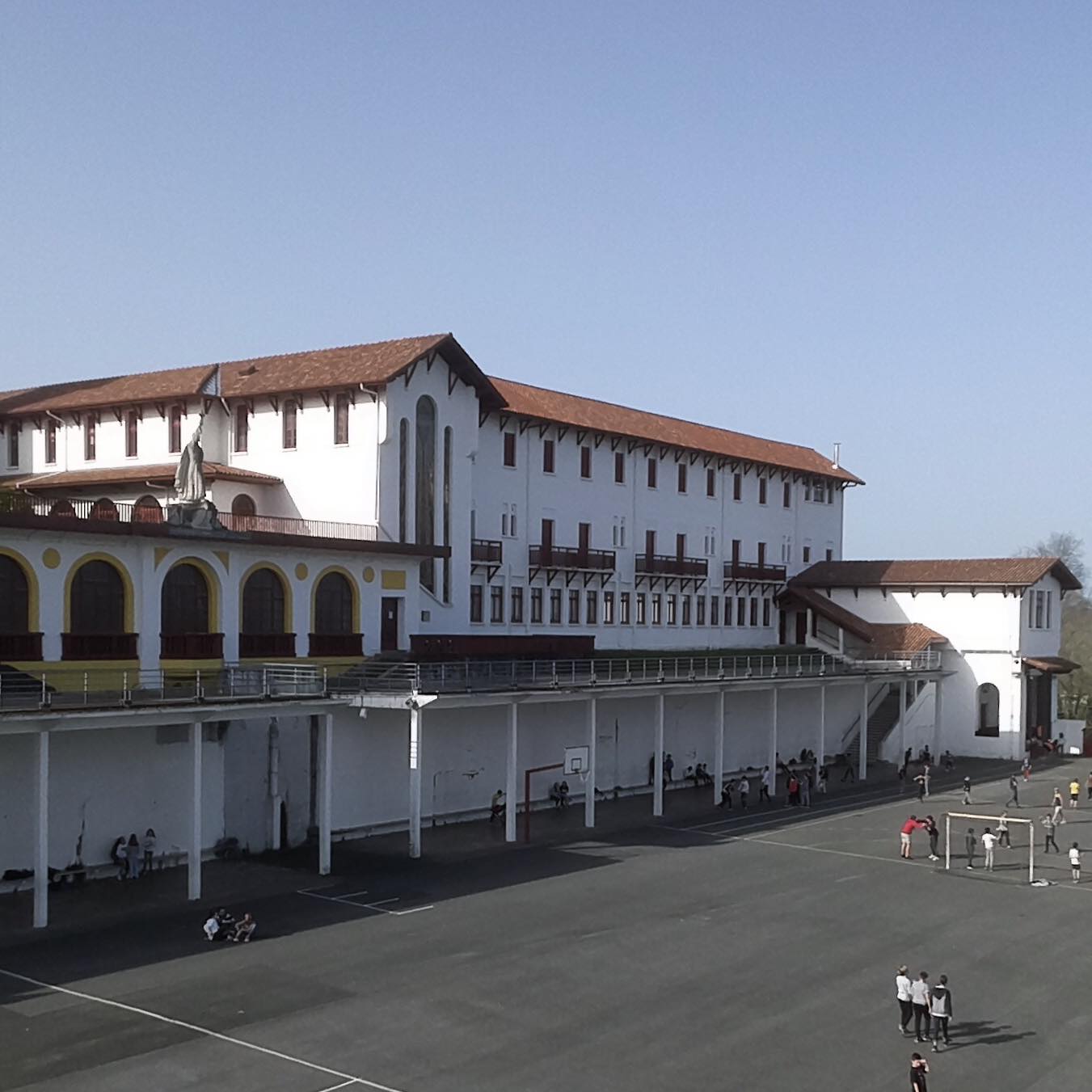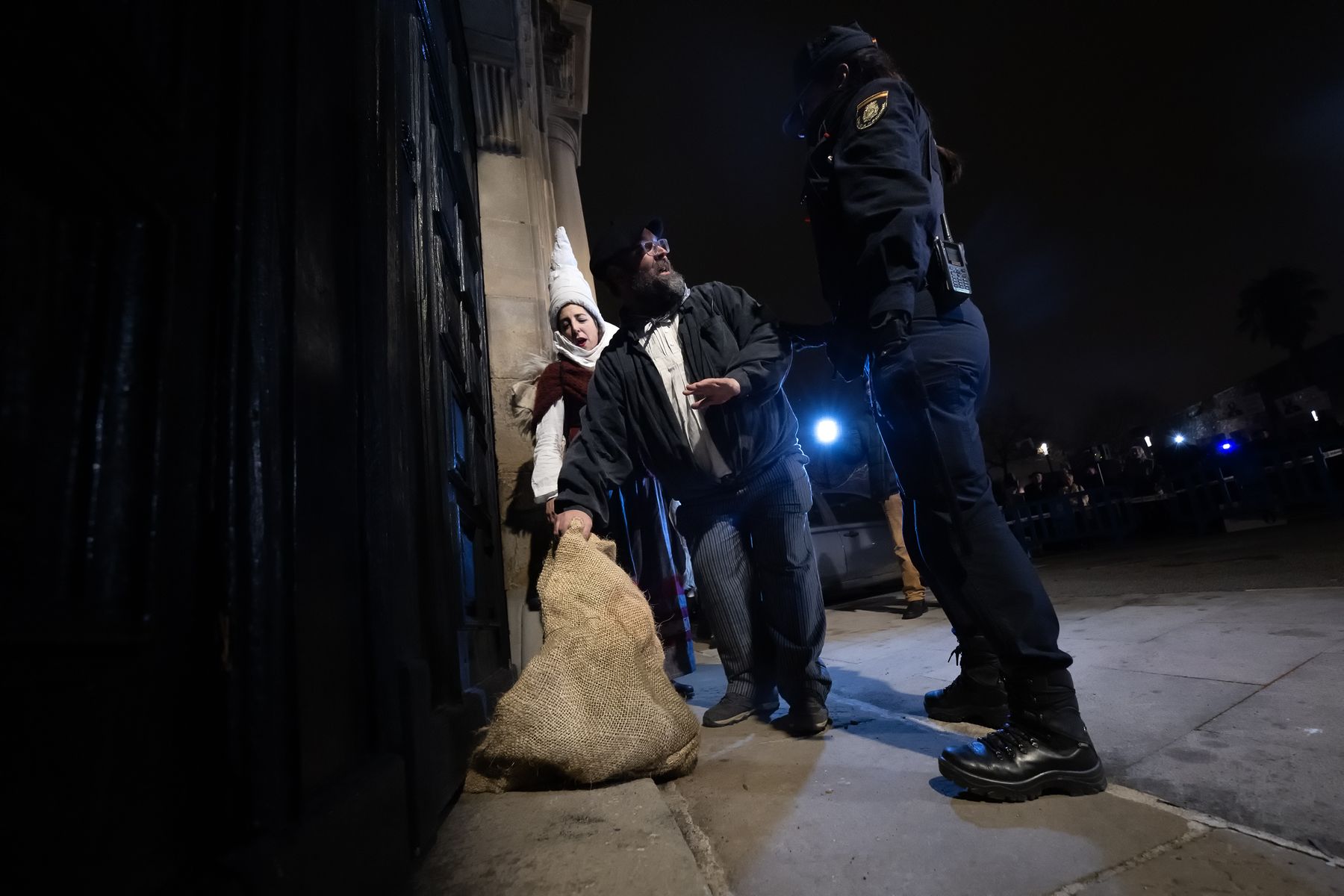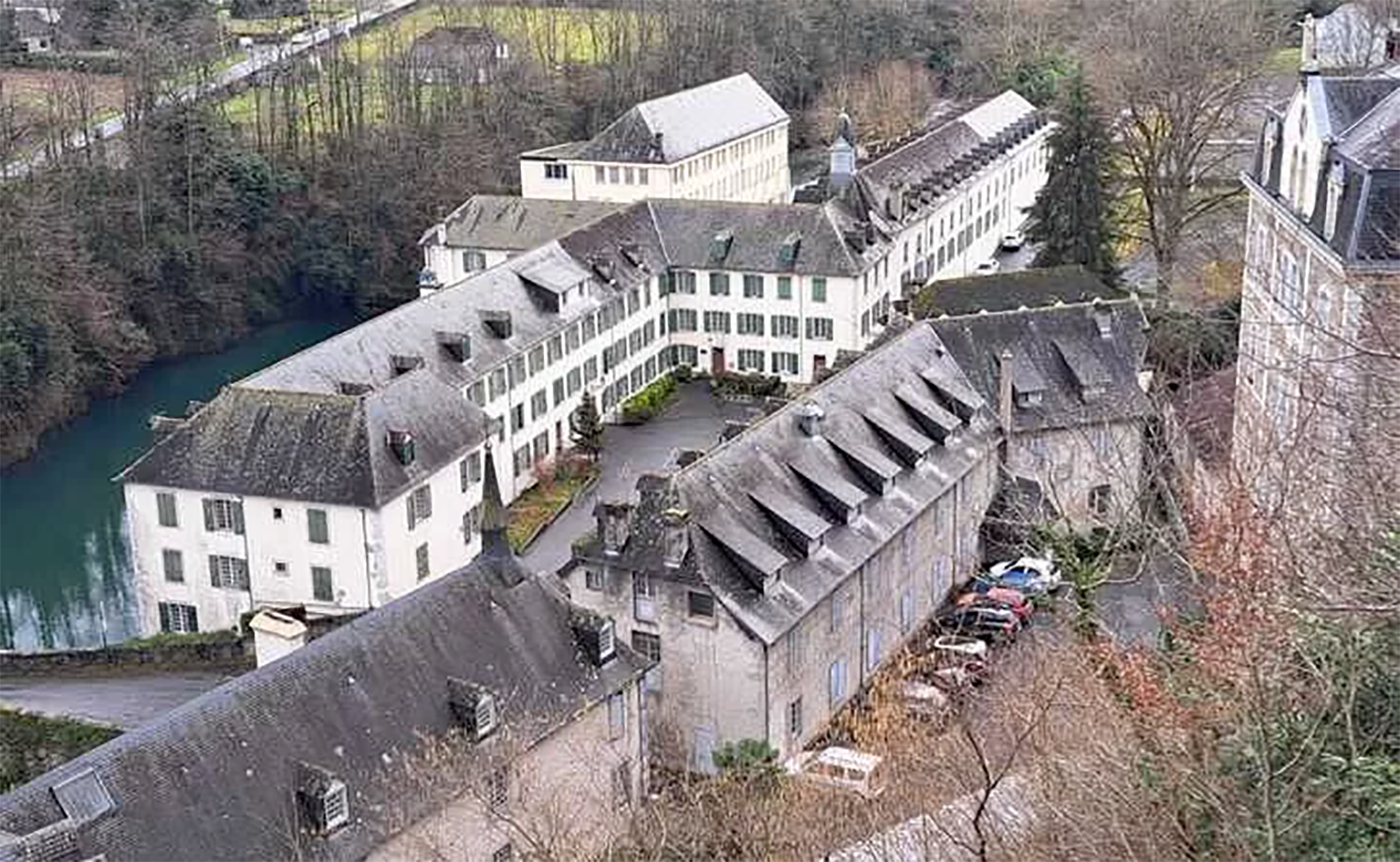"The priest who speaks from the pulpit believes that he has the truth, I believe that we must learn to be silent"
- With the book Kari de la Feria de Ciboure, Humanidad pescadores (Conference of Basque Language Learners), presented at the Feria, the journalist’s aim was to talk about life at sea – as a fisherman as much as possible. But they also have the book Atxik Berrando, recently published by Editorial Mayo, which details a detail of the history that Mikel Epalza has kept until now: That the delivery of the weapons of February 2014 between ETA and international experts took place at his home. He took us into that house. That 2014 video shows white walls, but in reality, its walls are full of colorful photographs, paintings and ornaments.
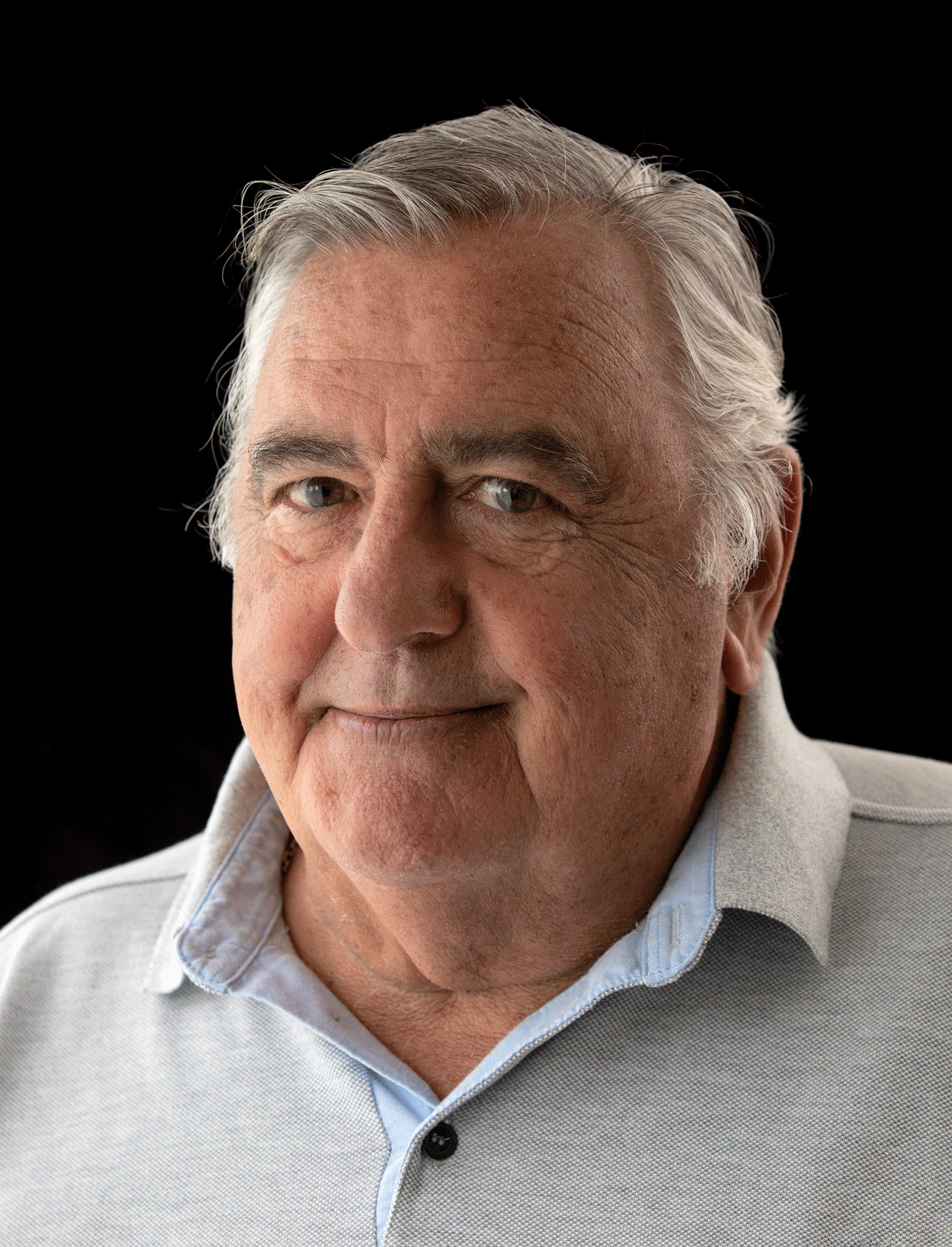
You just got in from Senegal.
A year and a half ago, the Cysnos fishing boat was destroyed, with the Sokoa Wall removed. The ship came from Arcachon, just before Christmas, if it had almost a thousand kilos of fish. The French skipper was severely beaten but saved, and the other two, the Senegalese, disappeared. They did not die alone, they were swallowed by the sea, which is very difficult for families to mourn. I had promised the widows that I would wear them, and that's what I did. The widow [Karamo] of the oldest fisherman, Fatou, had the help she needed, but Binta’s ex-husband [Moustapha] was not declared at the shore. She's younger, she's the mother of three children, the last two, the jewels, never seen by her father. I have contributed 1,500 euros to the Uhaina association of widows and fishermen's wives here, and 500 euros to the other. It’s a great help for them, but it’s not only sober, it’s also important to talk about what happened with them. The sea unites us. Whether Muslim, Catholic or non-religious, there is a religion that has come to us from the sea: fraternity.
We've had a whim from the people of the sea since 1985. You accepted the mission on one condition: Embark.
I was ordained in Ciburo 52 years ago – I am not ordained, I am ordained, by the bishop and by the people. On that day I felt a tremendous impulse from the people and from the Church, an acceptance of who I am and who I am as a Basque. I was already attached to the Naval Mission and I went to sea the next day to do the tuna campaign all summer. The parish priests of Ziburu and Doniban did not accept this and expelled me to Biarritz. Thirteen years later the same bishop came to me, and I told him that I would accept him on condition of his departure. There is a very beautiful psalm, Psalm 76, which says: "God has made a way in the middle of the sea, but we have no trace of that way." We believe that God is linked to the land, to the church, to clericalism, but it is not. There is a being, a personality, a force in the sea that is unknown to the Droughts. This path without vestiges must be sought in the souls and hearts of these people. Those who live in the sea, in the mountains, in the jungles, that is, in the margins of society, have a source of life. This is not taught to you by a book, the school does not teach you; to know it you must walk with them, you must know their passions, their sorrows and their joys.
It was clear to you that you would not impose a mass on the ships.
I did not set sail to press my truth from the pulpit and from afar and to oppress the people, but to investigate what they lived. They show me God. The priest who speaks from the pulpit believes that he has the truth, I believe that we must learn to silence him. They have attracted me more than I have attracted them.
What teachings do you hold?
A great respect. The fishermen are lords, they can make the life they make from nothing on earth. Life in the sea is hard. They have great knowledge of the life, currents and others of the fish. Living in a crew isn’t easy either, if the fact that a dozen men live together in such a short area, sharing everything, is solidarity: it’s not a network for everyone, they have a network between all of them. I have also learned by hope not to have fish for three or four days, but to think that they will come. It's also a great love. From the land, the wife and children believe that their father is far away at sea and that love reappears at the time of landing, but not if the love at sea is extraordinarily great. I also retain their faith. They have faith, but cuckoo, because they do not want to show it, for fear of appearing weak.
What is the sea to you?
It's hard to answer. You can take the land in your hand, but not the sea, it escapes. In poetry we talk about the sea, but in reality, the sea is difficult to define. The sea does not define you, the sea defines you, the sea makes you. We should have called the Earth the Sea because it is made of 75% of the sea. I'd say it's an area where people come together, like a homeland for the people of the sea. Whether you’re from Getaria, Istanbul, Lekeitio, Bayonne or Dakar, the people of the sea will feel very close to the people of the sea. It is said above Boga that the sea separates the continents and the people unite. The beauty of the sea is also worth mentioning: whales, birds, fish, tuna from the liver of the anchovy... it shows us that our planet is very beautiful. On the other hand, the sea makes us feel very small, it transmits humility to us. It is a source of spirituality.

At the same time, with the ends of the earth drawn, the many lose their lives trying to disturb the sea.
I've been in Senegal with some young people and that's what they dream, to flee their countries, that they're supposed to capture a piece of heaven in Europe. What have we devoured all the peoples of Africa? Their lands and raw materials? We should make our way with the Africans to develop the African economy. Let’s take the port of Mbour: they have thousands and thousands of tons of fish, people are selling on the seashore. There is a way to develop it, but the next day the most beautiful fish are sent by plane in Paris. How to develop this economy with them? This is the key and the challenge. We have the second challenge of welcoming you here. We accompany them, we take them to the border, we intercept a boat to those who want to join the fishing, we escort them, I go to the Pausa center in Bayonne on multiple... We need to be supportive and that is where we have the great challenge, because there are some who would like to see Europe's borders being pushed. How many Africans died in the two world wars? Thousands of them! Were they good at defending France in the war and can't they have the fruit of peace?
Yours is the Church of the Resistance, aggressive. Rapes, impositions, excesses... do you easily survive in this organization with a multitude of black pages?
The head of the Church is Jesus Christ and I am filled with his life, the Gospel. I also have a quick connection to the Maritime Mission, which brings me a lot. In this journey with the fishermen I am not a prophet or a true giver, I have sought the way with those of the sea, and that through the world. I have surpassed Asia by Taiwan, and there we have proclaimed a different world without slavery. As you see thousands of people on board, without pay, far from their families, with their passports issued... you realize that the world economy is built on slavery. And this is valid for fishing, clothing, electronics... This is what we denounce in the maritime apostolate. So I don't mourn, I demand justice. If there is no justice and respect, I do not see what the Church can bring. I have to say that in life I have been helped by the journey with the laity, in line with Catholic Action, and by the Coordinator of Peace in the Basque Country and the team with the People of the Northern Basque Country, who have been advocating for peace for the last 50 years.
That said, of course, that in the Church there are black clouds, black sheep, wolves and they must be denounced, they must be assaulted. In the book I tell how 55 years ago, when I was a teacher and delegate of teachers in the Antilles, children were sexually abused at night by a friar. I went to the superior and things were straightened out, from the school where it was cashed. I saw the faces of fear of these children, I felt their grief. Today there is still a huge problem at the social level with incest. In France 15% of children suffer from it and if they report their pain they are told that they are "infantile". The child is the weakest, the smallest, and at the same time the most beautiful in society. We must respect the children.
You are a child born into a family of resistance.
I was created in Haltsun (Lapurdi). His father and mother, as well as his parents, were fugitives. His father was one of the commanders of the warriors, a prisoner, condemned to death, and his parents never had the opportunity to return to their country. The milk I’ve eaten since I was born has been Basque milk, from an identity that has suffered, but at the same time, always in a joy, singing in the carnivals and then in others, beating, if another fugitive, Alfonso, had a piano... We were losers, but winners in soul, heart and hope, hoping to see the Basque Country once again liberated. My father joined the Guernica Brigade in 1945 to oppose fascism and to go to Guernica and save our country. I’ve always known a long table at home, people would come with a spoon, add some milk and make a spoon. I was small and I saw them eating with a lot of hunger, and since then I have loved the arrolar molets! Even though there was a vineyard, if we had a harness, the grapes we crushed... All this gives you a personality, it gives you roots.
Did you talk politics at home?
All the time. Franco's ugliness, who was a prisoner, who was freed... His father was very close to Agirre, so he always talked about politics. Then you see more of the fronton next door and the ball game when they were small. But more than politics, I remember the love of the homeland. I’ve seen my father cry once; we were in Anglet, in a spectacular dance and when I sang Goodbye Lord I saw him cry. He thought of his friends who had lost them in Gerlan and the prisons. The ugliness was lived. There was also faith in the house, a full day of prayer.
What are your thoughts on the rise of fascism that we are experiencing today?
I don’t personally feel this oppression of fascism; but yes, I see it in the political arena. I think we all have fascism in us; what I mean by that is that if we do not channel solidarity with the oppressed and do not advocate for diversity, then fascism will win. At the time, the main objective was to combat fascism, there were multiple militants. Today they have decreased, or adjusted, the militancy is carried out in a different way. Today fascism comes from the base, each with walls built around it. It is easy to care for oneself only for one’s own life and for one’s wages; but to live loosely involves one’s own risk. And it is also dangerous to leave all the forces in the hands of a ruler or superior. The more conscious and supportive the citizens are, the less space fascism will take. We are grateful for those who are engaged in the populace of the left and right, who are the servants of the people, rather than the servants of money or of their own interests.
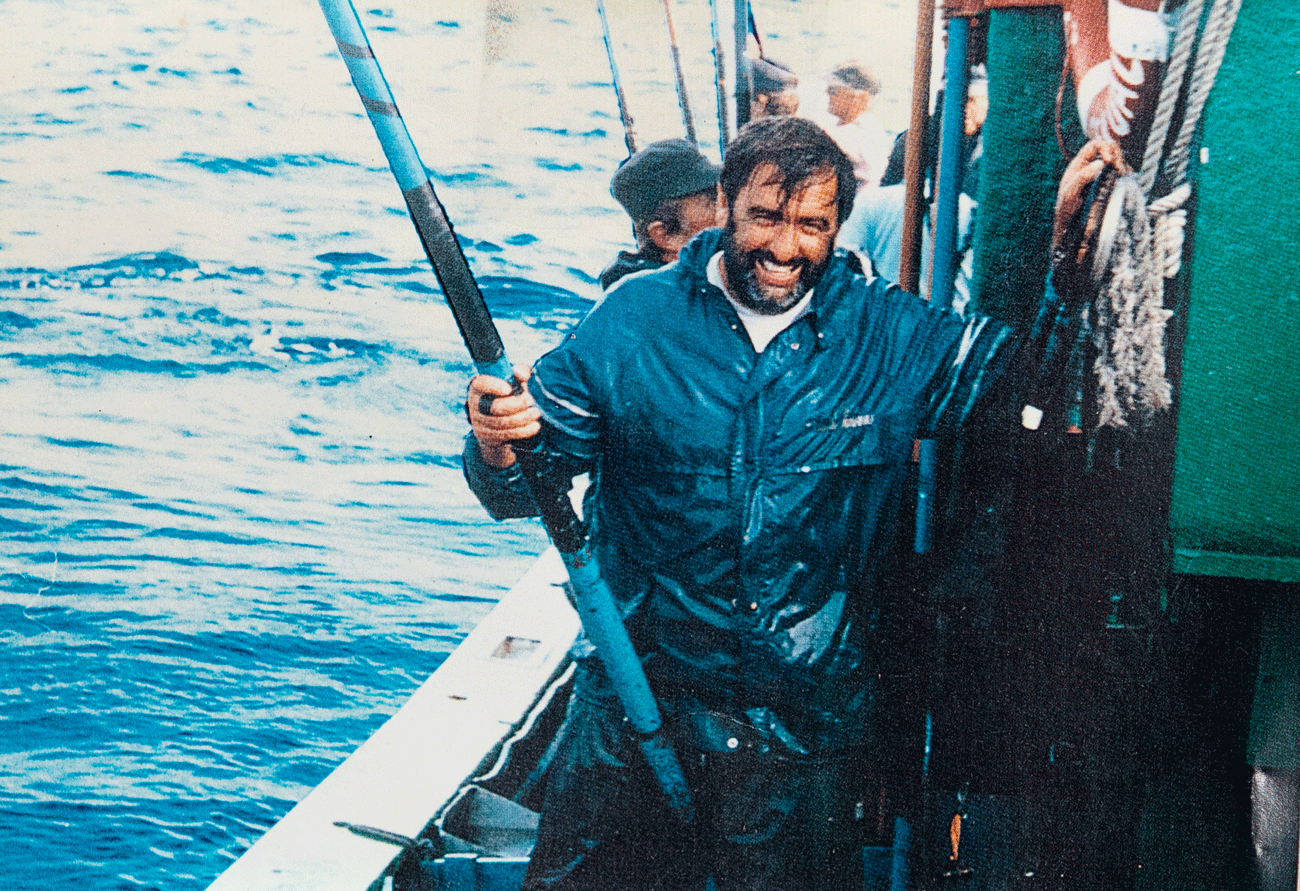
The delivery of weapons between international experts and ETA militants took place in your home.
In this room. At this same table.
What led you to accept the proposal?
I have always had contacts with militants, with ETA’s people as well as with other supporters. I’ve done a lot of intermediate work between them. When I got the offer, I didn’t doubt it. Someone needed to take those risks, because we were in 2014, in 2011 it was the Treaty of Aiete, a step was taken to leave the weapons, but no one wanted to take them and those who were collecting the weapons to hand them over were arrested. I was convinced that this disarmament of ETA was carried out with absolute credibility. There had been previous flooding of the peace processes, but this time the immensely strong force that came from below was healed, and all the leaders of the North joined the peace process. We were also in the European Parliament and the MEPs voted for peace. We went to see the Prefect to explain that he had to get his hand in this disarmament, he listened to us and then the French Government was involved. I was clear, I had no doubt. ETA spent two or three days at home, saving everything if they were very afraid. But at the same time there was the illusion of creating a new society and I saw that.
It was Sunday morning, I had a mass at 09:00, the two international experts who were in the church, not Gypsies but to do it from the church to here. In Atxik Berrduz we recount what was done as a Girishman in favor of this pacification during those fourteen years. What you do as a team is interesting, as well as what you do personally. I told the group that the weapons were in this room and I never told anyone. They encouraged me to testify. Eneko is not a deception of the other world, because multiple people have moved in the North, multiple people have given multiple for the Basque Country, for peace, for fugitives, for the creation of another society. I'm a little link in that chain.
Ten years have passed since then. What are the obstacles and forces that you see in the resolution of the conflict and in the path of recognition of this country?
We have the traditional forces there, the populace is very important. We must become aware of this richness and diversity that we have. In the North, we have always experienced diversity, however, because we had no other way under it, but on the other side, they have been against each other, either between the parties or armed struggle or not in conflict. We are in a new society and, leaving the old schemes, we must join forces. Do we have that culture? I don't know, and that can be a nuisance, because one country doesn't make one against the other. We must unite, we must know the first enemy, and for this we need spirituality. The religion used to bring it to us and now we need to gather that strength from somewhere else. Spirituality is not in the hands of a whim, it is the strength of the people and the people. The other big obstacle is that Spain and France are always there. At the international level, I don't see how we can go about independence. We need to consolidate our identity in the paths we have: culture, language, economy, coexistence. We must build this country, develop these roads and promote international relations.
Many people have moved in the North in favor of the Basque Country, I am a small link in that chain
What do you say about the search for Basque? It seems that our politicians do not take the issue seriously.
The proclamation of "Euskadi liberated" and the abandonment of the Basque language is not valid, because the Basque language makes us Basque. It’s been 80 years since I started and I see great advances in Basque. I have never studied Basque, Basque should never have been used in school. Fifty years ago, when we founded the Ikastola in Biarritz, we were poor, making demonstrations to touch a bit of you. The Basque language was in the river Pe, and you have to see the path that has been followed since then. But I agree with you, we glide too far into French, and there's plenty to do. I am fascinated by Lekitton when I go to the seashore and listen to everyone in Basque – in addition to Lekitti! I used to listen to my mother when I was young and that fills me. I see the advantages, but I know that although Basque is more and more learned, it is less and less used. It is necessary to break the system that says that the official language in France is French. France has made its people through the war and the imposition of the French. Language has been a great instrument of Jacobinism and we must disarm that bomb that explodes in us. The second article of the Constitution must be amended so that anyone who wishes to do so can do so freely in Basque.
Anything else to add?
Thank you to the Academy, I am very happy that the book has been translated. It is called Pêcheur d´hommes (Fisher of Men) in French, but in Basque it is called Fisher of Humanity, because humanity is also in wives and the same is more than in men.
During a routine excavation in the Piazza San Giovanni in Laterano in Rome, archaeologists carried out the IX-XIII. They unexpectedly found the remains of a palace dating back to the centuries. And they think it could be the residence of the popes of the time. In other words,... [+]
Frantziskok "Franciscomanía" zeinuarekin hasi zuen bere Aitasantutza. Fenomeno soziologiko horri esker, Vatikanoko boterearen zirrikituak aldez aurretik ezagutzen ez zituen gaztetasunaren ikono eta Elizako aldaketa-haizeen intsuflatzaile bihurtu zen.
Era berean,... [+]
Prentsaurrekoa eskaini dute ostegun honetan Marc Aillet Baionako apezpikuak, elizbarrutiko hezkuntza katolikoko zuzendari Vincent Destaisek eta Betharramgo biktimen entzuteko egiturako partaideetarikoa den Laurent Bacho apaizak. Hitza hartzera zihoazela, momentua moztu die... [+]
Elizak 23 kasu ditu onarturik Nafarroa Garaian. Haiek "ekonomikoki, psikologikoki eta espiritualki laguntzeko" konpromisoa adierazi du Iruñeko artzapezpikuak.
Lestelle-Betharramgo (Biarno) ikastetxe katolikoko indarkeria eta bortxaketa kasuen salaketek beste ikastetxe katoliko batzuen gainean jarri du fokua. Ipar Euskal Herriari dagokionez, Uztaritzeko San Frantses Xabier kolegioan pairaturiko indarkeria kasuak azaleratu dira... [+]









